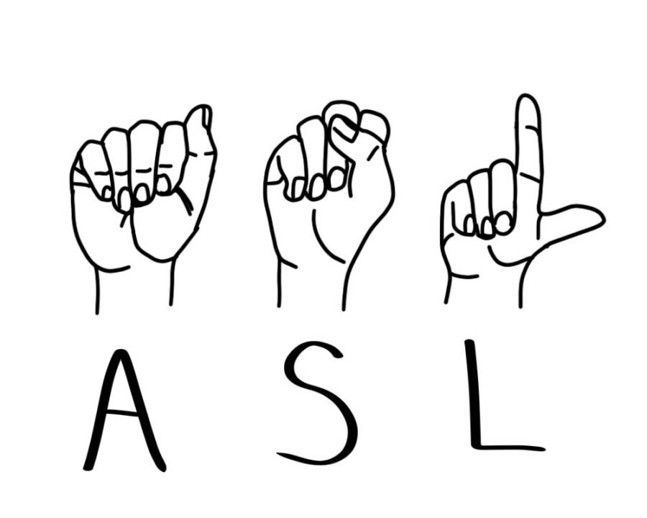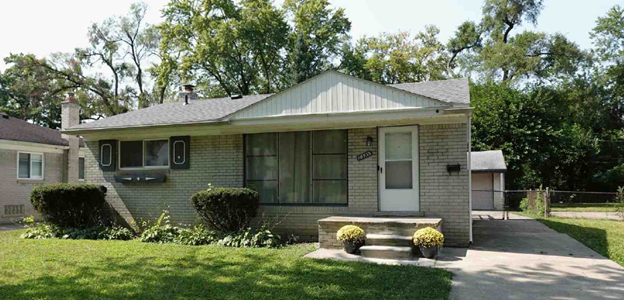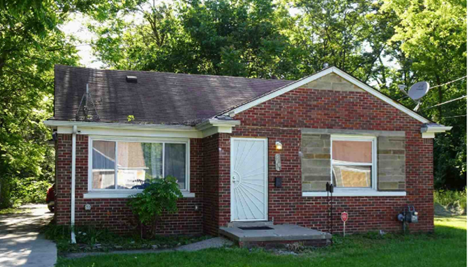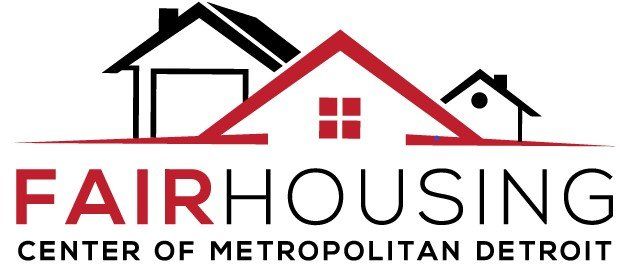At Least for Now Post-Acquisition Reasonable Modification Requests are Permitted Under the Michigan Persons With Disabilities Act
Michigan Supreme Court Vacates Court of Appeals' Decision in the Estate of Romig v. Boulder Bluffs Condominium Case
In the Estate of Romig v. Boulder Bluff Condominiums Units 73-123, 125-146, Inc., 334 Mich. App. 188, 964 N.W.2d 133 (2020), the Michigan Court of Appeals held that reasonable modification (“RM”) requests under the Michigan Persons With Disabilities Civil Rights Act (“PWDCRA”) must be made at the onset of ownership or occupancy, not at a later point in time.
As previously mentioned, this is one of the two fair housing cases before the Michigan Supreme Court in 2022. In June 2022, the Michigan Supreme Court in vacated the Court of Appeals’ decision and remanded the case to the Court of Appeals for consideration as to whether the federal court’s summary judgment as plaintiff’s Fair Housing Act (“FHA”) claims for denial of a RM should be given collateral estoppel effect and thus bar plaintiffs’ claims under the PWDCRA. Kooman v. Boulder Bluff Condos Units 73-123, 125-146 (Mich. S. Ct. June 15, 2022).
On October 27, 2022, the Court of Appeals, on remand, held that the federal district court’s findings as to the plaintiff’s RM claims under the FHA collaterally estopped plaintiffs from proceeding with their RM claim under the PWDCRA. Kooman v. Boulder Bluff Condos Units 73-123, 125-146 (Mich. App. Oct. 27, 2022).
While the Supreme Court's order vacating the Court of Appeals' decision is good news, the statutory question involving the interpretation of the PWDCRA remains a problem. The Court of Appeals made it clear that it fully adheres to its prior opinion that the Supreme Court vacated. In publishing its October 27, 2022 decision, the Court of Appeals reflagged the issue, essentially urging housing providers to reraise the issue: “As we explained in our previous opinion, the merits of plaintiffs’ PWDCRA claims are dubious because plaintiffs must be able to show that the alleged discrimination occurred in the context of a ‘real estate transaction.’” See MCL 37.1502. We need not again reach that issue, however, because we conclude that plaintiffs are collaterally estopped from asserting such claims.”
As this issue is likely to resurface, it merits further discussion. In its vacated decision, the Court of Appeals construed the PWDCRA’s definition of a "real estate transaction” in Section 501(d) of the PWDCRA: “’Real estate transaction’ means the sale, exchange, rental, or lease of real property, or an interest therein.” M.C.L. § 37.1501(d). According to the Court of Appeals, PWDCRA coverage under this definition is limited to the initial sale, rental, lease, etc. of property. The PWDCRA does not apply to post-acquisition RM submitted at some point after the initial sale, rental, lease, etc. of property.
The Court of Appeals’ analysis is problematic for several reasons. First, the plain text of Section 506a(1)(a) of the PWDCRA, M.C.L. § 37.1506a(1)(a), permits RM requests to be made for “existing premises occupied or to be occupied”. It is clear that “existing premises occupied” encompasses post-acquisition RM requests. i.e., premises being resided in by an existing occupant. The Court of Appeals’ interpretation renders “occupied” a surplusage or nugatory. Likewise, other words and phrases in the PWDCRA are rendered as a surplusage or nugatory, such as “maintain” in Section 103(d)(i)(D) of the PWDCRA, MCL § 37.1103(d)(i)(D); “maintaining” in Section 103(l)(iv), MCL § 37.1103(l)(iv); and “residing in” and “maintain property” in Section 502(1), MCL § 37.1502(1).
Second, the Court of Appeals’ interpretation of the PWDCRA sets up a direct conflict with the FHA's unambiguous coverage of post-acquisition RM requests. Section 804(f)(3)(A) of the FHA makes it unlawful to “refus[e] to permit, at the expense of the handicapped person, reasonable modifications of existing premises occupied or to be occupied by such person if such modifications may be necessary to afford such person full enjoyment of the premises . . .” (emphasis added).
The main legislative history for the disability provisions of the FHA is found in H. R. Rep. No. 711, 100th Cong., 2nd Sess. 25, reprinted in 1988 U. S. Code Cong. and Admin. News 2186. The House Report makes it clear that Congress intended to grant existing tenants with disabilities the right to request a RM:
New Subsection 804(f)(3)(A) makes it illegal to refuse to permit tenants with disabilities to make reasonable modifications, at his or her own expense, of existing premises if the modification is necessary for those persons' full enjoyment of the premises. During the hearing process, the Committee learned of instances in which landlords have refused to let tenants with handicaps make minor changes to their apartments, such as the installation of a lever door knob for a person with an artificial hand, or the installation of grab bars in bathrooms, even if the tenant was willing to pay for the modification. A landlord's refusal to allow such modifications operates, at worst, to deny housing to handicapped persons, and, at least, to deny them the opportunity to enjoy their premises safely and fully.
H. Rpt. 100-711, at 24-25 (emphasis added).
In the 1988 amendments to the FHA, Congress directed HUD to promulgate implementing regulations. Pub. L. 100-430, § 13(b), Sept. 13, 1988, 102 Stat. 1636. Thereafter, as directed by Congress, HUD promulgated FHA regulations. Consistent with the 1988 amendments to the FHA, HUD promulgated a regulation providing for rights of disabled persons occupying existing premises to make RM requests:
24 C.F.R. § 100.203 Reasonable modifications of existing premises.
(a) It shall be unlawful for any person to refuse to permit, at the expense of a handicapped person, reasonable modifications of existing premises, occupied or to be occupied by a handicapped person, if the proposed modifications may be necessary to afford the handicapped person full enjoyment of the premises of a dwelling. (emphasis added)[1]
HUD’s commentary accompanying the promulgation of its final rules implementing the FHA noted that a person may request a reasonable accommodation “at any time”—not just at initial occupancy or rental. This is necessary as a tenant could become disabled at some subsequent point during their tenancy:
A tenant with handicaps may request a landlord’s permission to make modifications at any time. For example, a tenant may become disabled during his or her tenancy and then ask for permission to make modifications. . . .
HUD’s Implementation of the Fair Housing Amendments Act of 1988, 54 Fed. Reg. 3232, 3248 (Jan. 23, 1989)(emphasis added).
Third, and perhaps most importantly, the overwhelming percentage of RM requests arise after persons begin to live in a property. At some later point in time—due to the aging process, illness, or other life events—a person may develop a disability and need a RM. The Court of Appeals’ analysis of the PWDCRA, if adopted, will restrict RM requests to instances in which a RM is needed at the time of the initial occupancy.
There is no question that the Court of Appeals plausibly interpretated "real estate transaction” in Section 501(d) of the PWDCRA as restricted to the initial “sale, exchange, rental, or lease of real property, or an interest therein.” M.C.L. § 37.1501(d). Likewise, there is no question that the Court of Appeals also ignored the plain text of Section 506a(1)(a) of the PWDCRA, M.C.L. § 37.1506a(1)(a), which permits RM requests to be made for “existing premises occupied or to be occupied”. As noted above, other provisions of the PWDCRA grant disabled persons post-acquisition rights. The PWDCRA is ambiguous. This ambiguity should be resolved in a fashion that achieves the broad, remedial purposes of the PWDCRA. On the other hand, interpreting the PWDCRA as not covering post-acquisition RM requests will leave housing providers potentially liable under the FHA by relying on the narrow reading of the PWDCRA.
As always, the Center is available to answer questions and provide training regarding RM requirements and compliance, as well as on other fair housing issues.
________________________________
[1]Additionally, the regulation lists two examples of reasonable modifications. Example 1 refers to a “tenant” needing a reasonable modification, whereas Exhibit 2 refers to an “applicant” needing a reasonable modification. The “tenant” in Example 1 is a current occupant of a dwelling unit.










